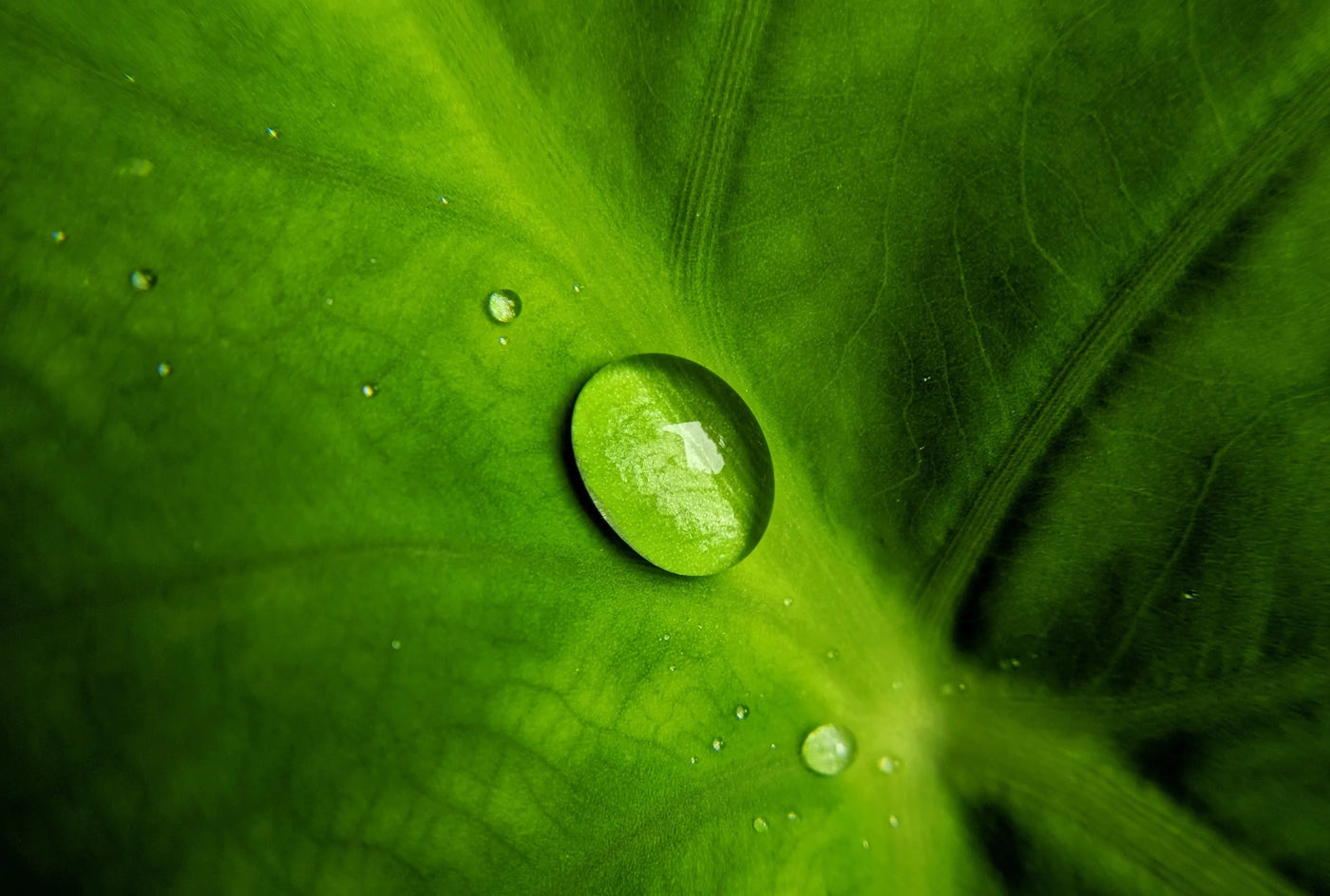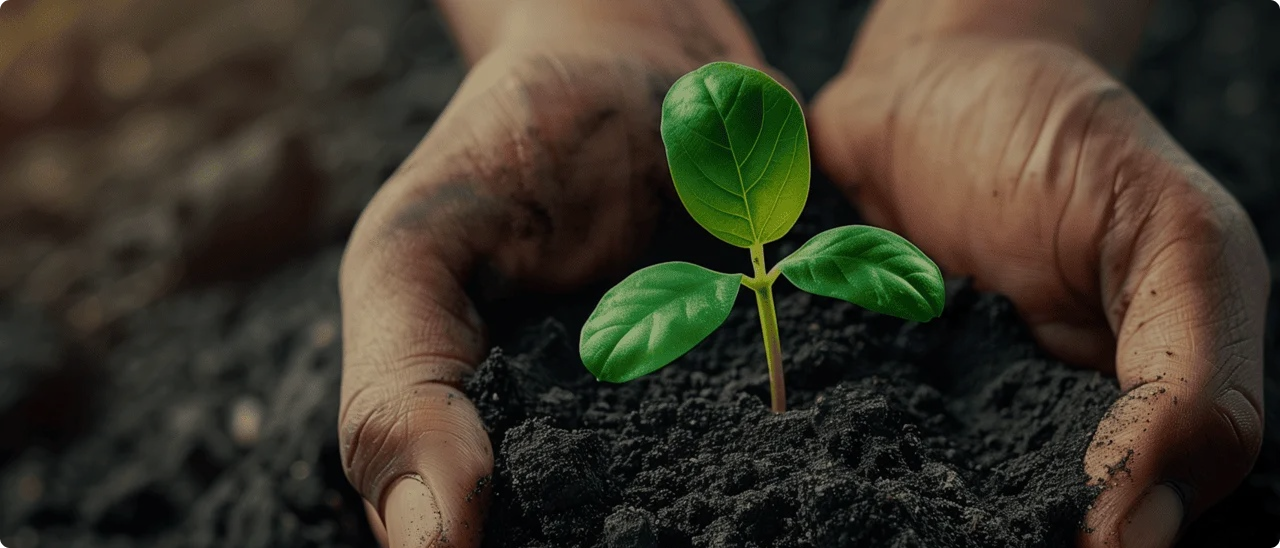Since water is the medium for delivering nutrients in hydroponics, it is important to make sure that the water is balanced in pH and free of contaminants and possible diseases. There are multiple kinds of water that can be used in hydroponics, that require varying levels of energy and investment. It is never a bad idea to experiment and figure out what works best for your situation.
Testing Your Water for Hydroponics
With any water / nutrient solution, the three important things to check for are pH, electrical conductivity (EC), and total dissolved solids (TDS). When testing water alone, without any nutrients added, a TDS reading is essential as it gives a measurement of the total amount of organic and inorganic matter in the water, in the form of parts per million (ppm). A higher ppm (>500) means that it is likely there could be contaminant or unhealthy elements in the water, whereas a lower ppm indicates purity.
Four types of water that are already low in ppm are tap water, mineral water, reverse osmosis water, and distilled water. Most tap water provided by water treatment plants in a town or city has a ppm < 350, although it is possible for some to approach 500 pm or greater. Water purified by reverse osmosis has a ppm lower than 10.
Tap water is a suitable water for hydroponics, but if you prefer something purer, there is a large selection of reverse osmosis or filtration systems available for home use. However, you do have to consider that a reverse osmosis system is going to be more energy intensive. In addition, tap water already contains nutrients such as calcium and magnesium that are essential for growing plants. Reverse osmosis or distillation should be considered if the water is tested and the ppm is high enough ( >350) that it might be impediment to healthy plant growth.
Can You Use Rain Water For Hydroponics?
Using rainwater can be a sustainable and cost-effective method for hydroponics, but there are some important steps to take to make sure it is safe to use.
The first step is to have a rain barrel / storage container that collects the water from a roof or gutter. The simplest route here is to buy a 55 gal. plastic drum. It needs to be darker colored to keep out light, which helps protect against algae invasion.
When rainwater is collected into the barrels, it is essential to have some kind filtration system in place:- First flush diverters: Since the first 5-10 gallons of rain water will contain the most debris and bird droppings from a gutter, a first flush diverter can be set to remove a certain amount at first, so that only fresher water is collected
- Filters: When it comes to water filtration for hydroponics, sediment traps and mesh filters can be used to remove larger debris such as leaves and twigs, and carbon filters help to take out smaller chemicals that may be present in the water.
- After rainwater is collected and filtered, the next steps are to sterilize and to test the water for hydroponic suitability. Water can be sterilized using a UV sterilizer or with hydrogen peroxide. Then, using the requirements mentioned before, test for pH, total dissolved solids, and electrical conductivity. This will give a sense of what types of chemicals and nutrients are present in the water.
- Finally, the water needs to be distributed from the barrels to your hydroponic system. For smaller systems, it might be wise to use gravity and attach a hose to the rain barrels and run it into the system. For larger systems, you want to use a pump that can inserted into the barrels and distribute water.
How Often Should Water Be Changed in Hydroponics?
Changing water for hydroponics depends on the size of the system and the types of plants being grown, but is generally recommended to change every two to three weeks. Look out for signs of algae and bacteria growth in the water, and check the nutrient levels and pH frequently. When nutrients have been fully absorbed by the plants, it is best to change the water instead of simply adding more nutrients, so that the water is not full of used and dead material.
Getting the Water Health You Need
Clean and healthy water is an essential element for a successful hydroponics operation. While there are multiple kinds of suitable water for hydroponics, the most important things are to make sure it is free of contaminants and diseases so that your plants can receive all the nutrients they need.
Monster Gardens has the testing kits, water filtration systems, submersible pumps, nutrient solutions, and hydroponic systems to help you reach longevity and sustainability with your hydroponic garden.
Sources:
https://www.yourindoorherbs.com/which-water-hydroponics/
https://greenexperimentcompany.com/rainwater-harvesting-for-hydroponics/
https://scienceinhydroponics.com/2017/03/do-you-really-need-ro-water.html


